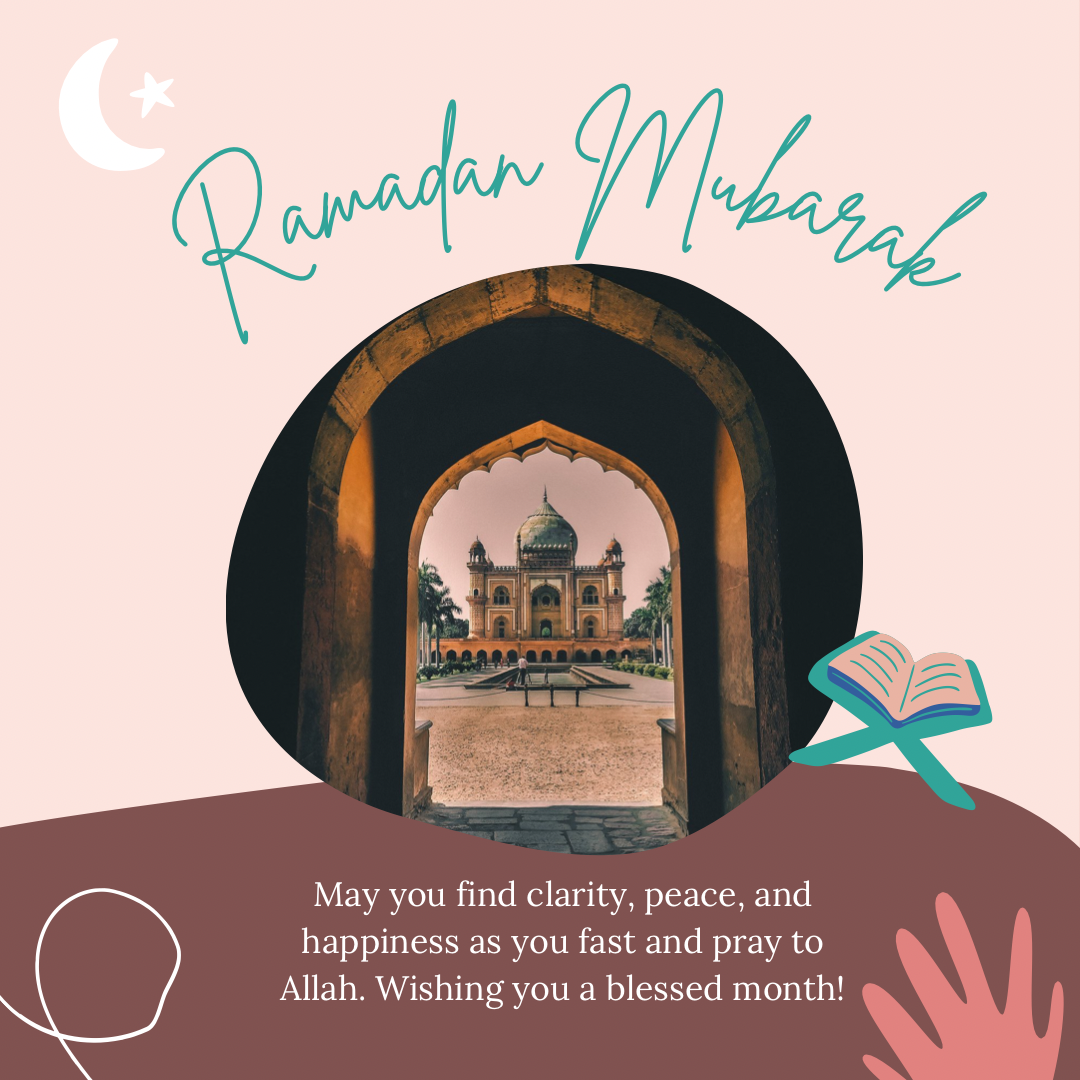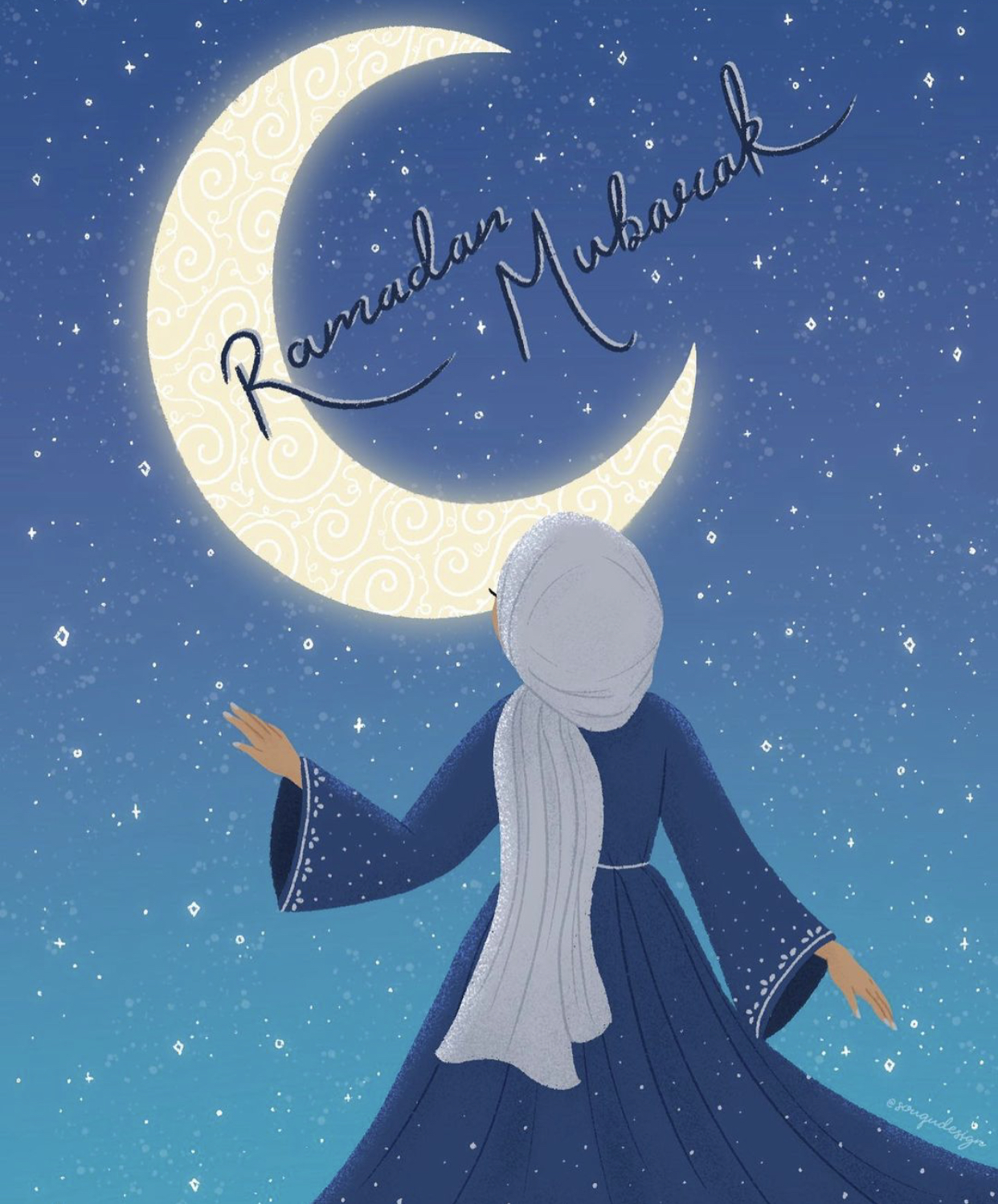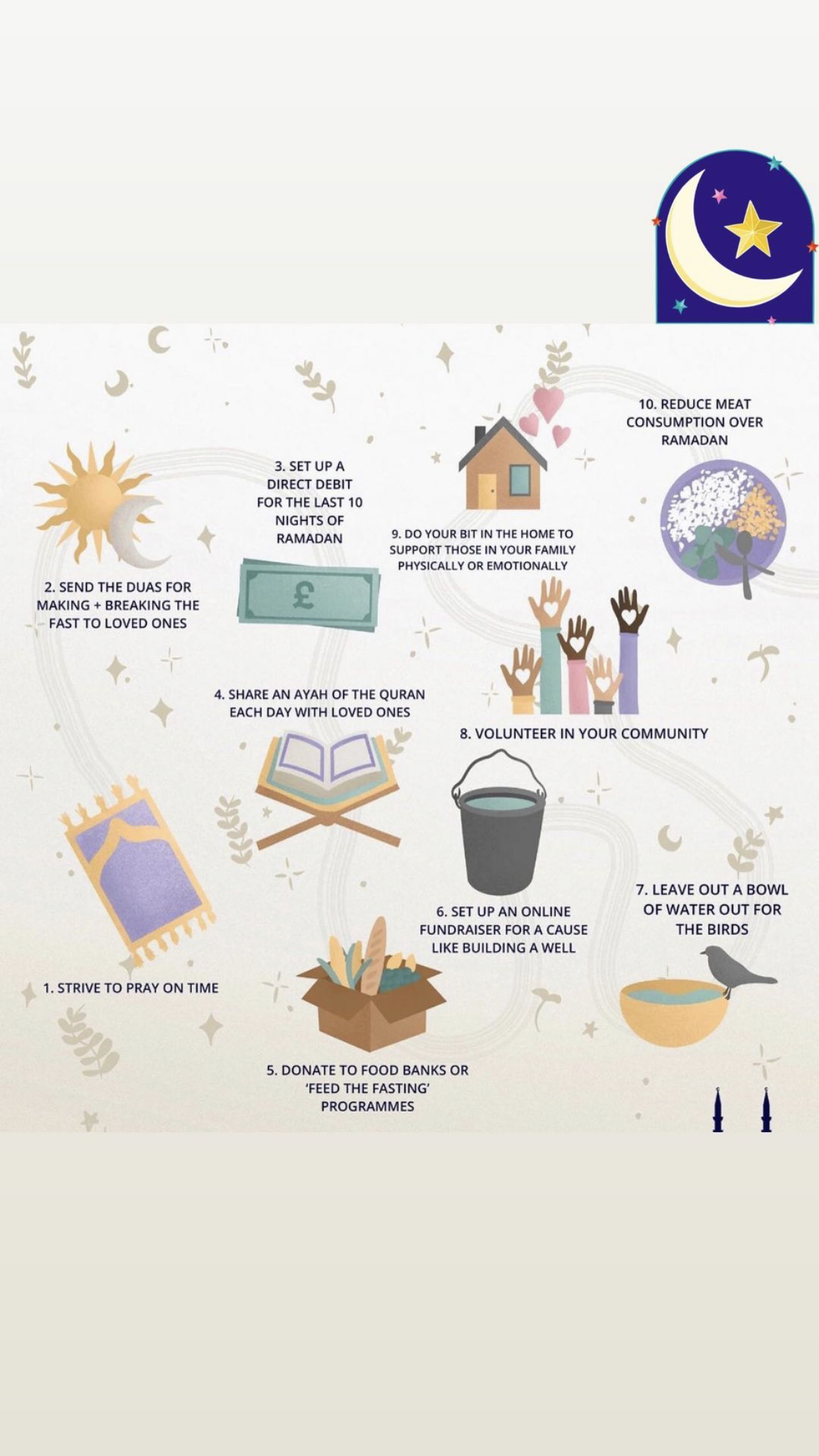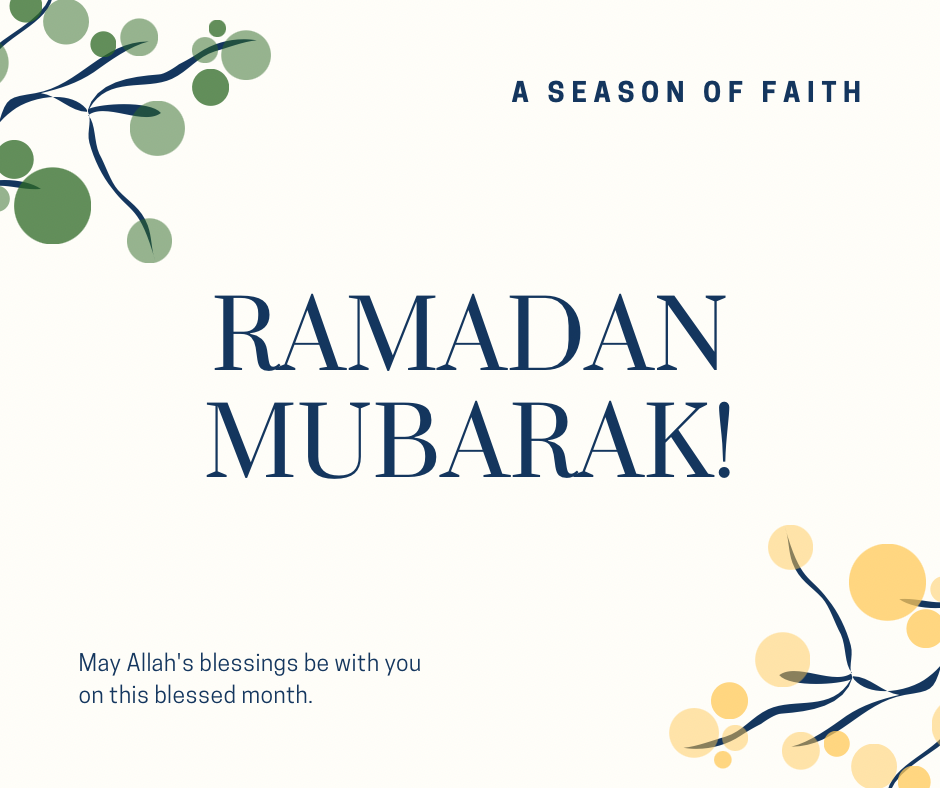Most of the world’s estimated 1.6 billion Muslims have started fasting for the holy month of Ramadan, abstaining from food and drink for much of the day.
It is a devotional time for followers of Islam but can cause confusion among others, including friends and colleagues.
Why are your foodie friends passing up their regular Saturday morning brunch? How come friends are skipping evening football to attend the mosque?
What is Ramadan?
Ramadan is the ninth month of the Islamic calendar and is the most sacred period of the year for Muslims. God revealed the first verses of the Quran, the holy book, to the Prophet Muhammad in this month. During these weeks, Muslims are expected to fast if they are healthy and able to do so.
Does everyone have to fast?
Fasting is one of the five pillars of Islam, alongside a declaration of faith, praying five times a day, giving to charity and making the Hajj pilgrimage to Mecca.
Exemptions are made for children and the elderly, also women who are pregnant, or sick.
What happens during Ramadan?
Ramadan is marked by longer prayers, dawn-to-dusk fasting and nightly feasts with family and friends, though crowded shoulder-to-shoulder gatherings in mosques and large gatherings for meals and going to the mosques remain prohibited due to the continued spread of coronavirus globally.
Throughout Ramadan, Muslims stay away from any food or drink — including water — from morning to night. The monthlong practice is aimed at heightening remembrance of God, curbing unhealthy habits and deepening gratitude by giving Zakat (Charity) and renewing their faith.
In Mecca, home to the Kaaba — Islam’s most sacred site — Muslims performed socially distanced “taraweeh” prayers, marking the start of Ramadan.
Observant Muslims around the world pray toward the Kaaba five times a day. Taraweeh prayer is read after all five prayers are done in a special manner.
What has changed because of COVID-19?
After last year’s Ramadan with its pandemic-altered observances, where mosques were shuttered and community gatherings were eliminated, Muslims this year are planning another holiday of modified celebrations as COVID-19 continues to spread, even as vaccines are distributed.
“The mosque is known to be a place where the Muslim community finds unity and peace together. However due to the pandemic no one is able to stay in the mosque to converse and no programs are being held either. The biggest impact would be the lack of brotherhood/sisterhood now because before everyone would greet each other with handshakes and hugs and now it’s a completely different setting just not the same feeling of tranquility. At mosques not everyone is spaced out due to the social distancing, the capacity has significantly decreased and is now at 15 percent,” says Sarmad Sajid, Mechanical Engineering student at Sheridan and Sheikh (Leader) at Masjid Al-Farooq.
How can new Muslim’s prepare for this Ramadan or next the one?
“New Muslims should prepare for Ramadan by contacting other Muslims that they know who are practicing and this will allow them to have someone there to help them take the right steps and know when to break the fast etc. It is important for Muslims to nurture the new Muslims in able to keep their faith strong by teaching them little by little and some advice to the new Muslim is prior to Ramadan maybe try to fast a few days and try to learn the virtues and blessings of the holy month through authentic sources,” said Sajid.
The celebration of Ramadan has been very quiet this year as gatherings are not permitted. As a result of this, Muslim communities are unable to go to different households to give gifts and celebrate the opening of their fastings at the end of each day.
“It’s all virtually done now and the masjid is also very quiet as before people would wish each other and hug however now it’s more of a silent atmosphere but at the end of the day the feeling of Ramadan still remains in the hearts of all Muslims,” says Sajid.




